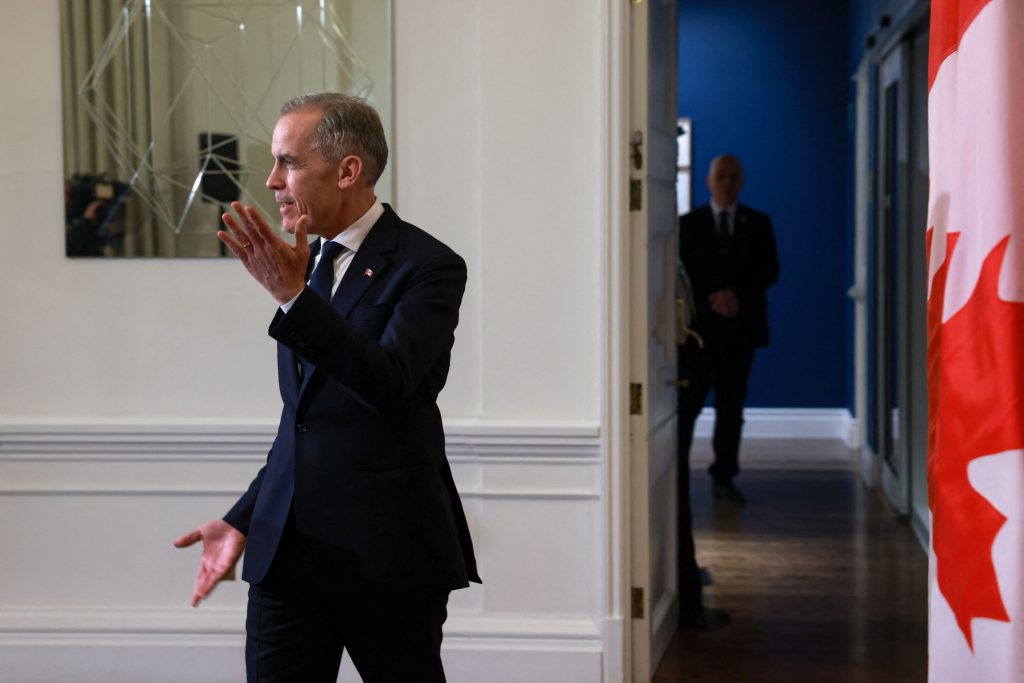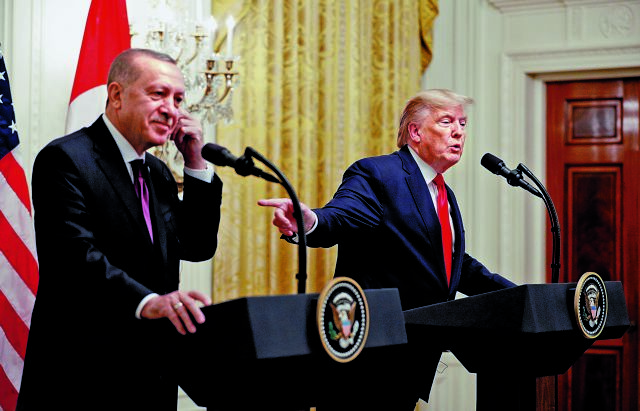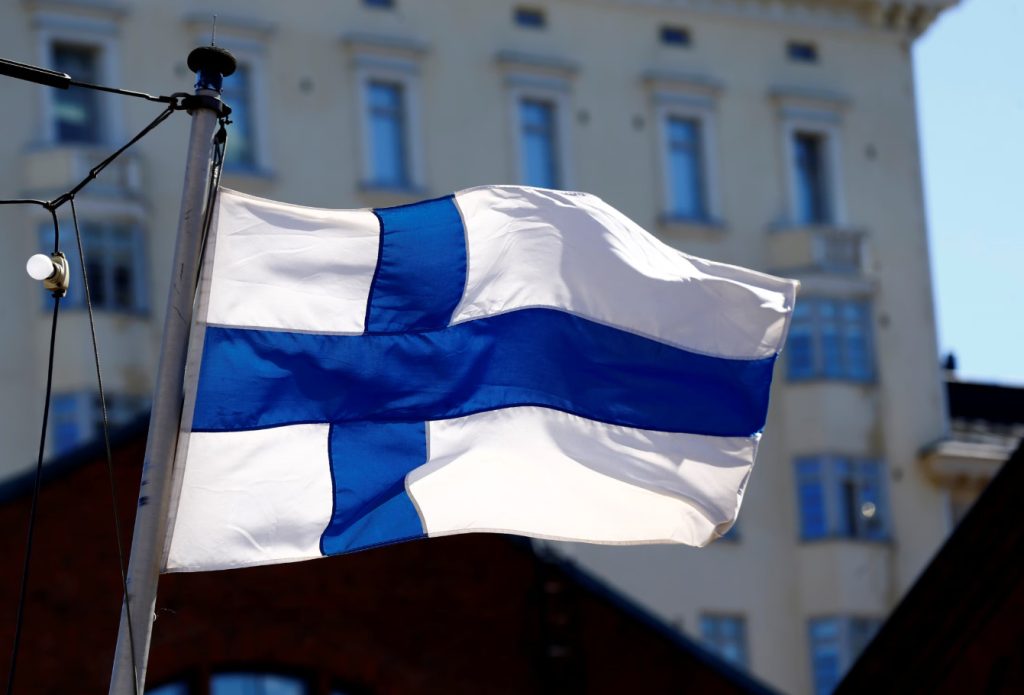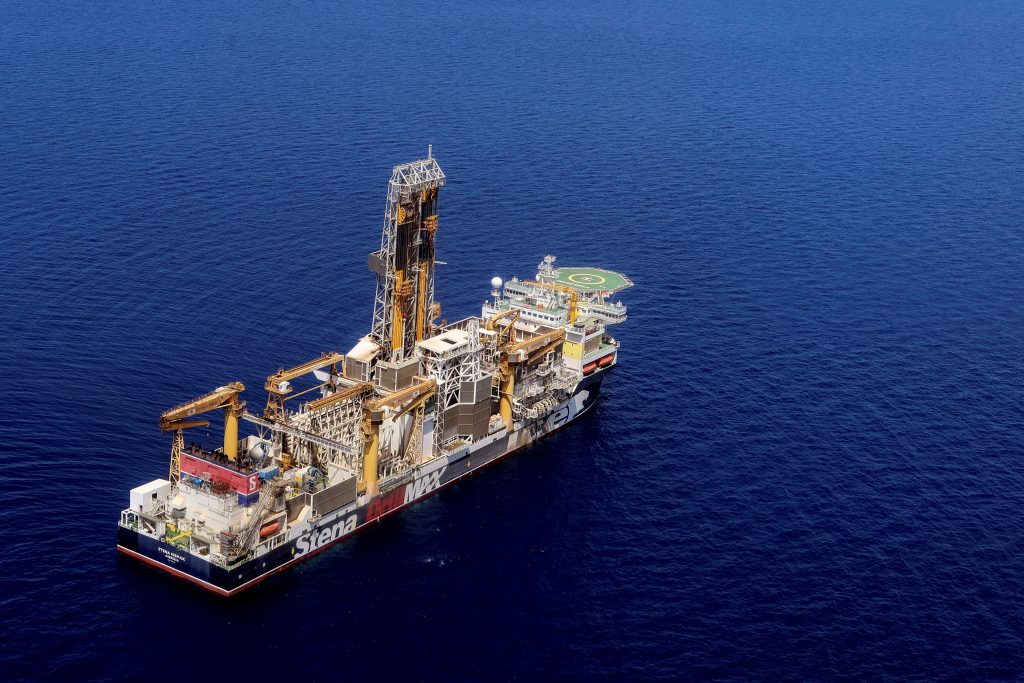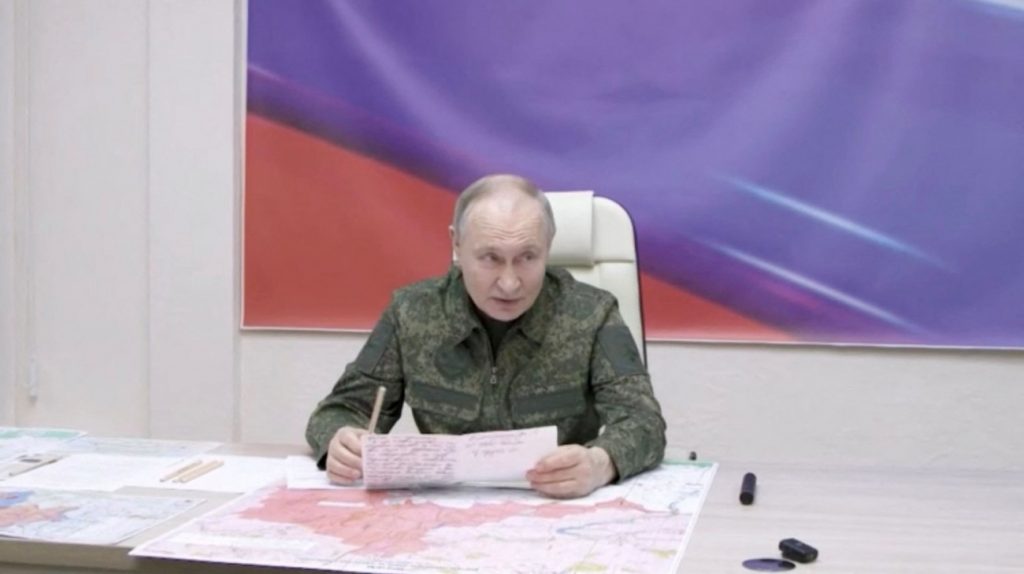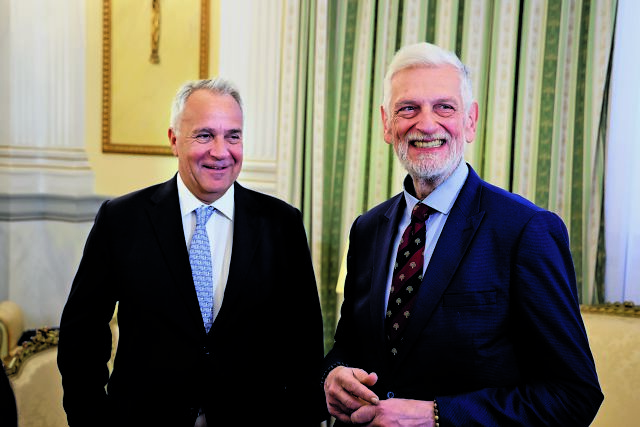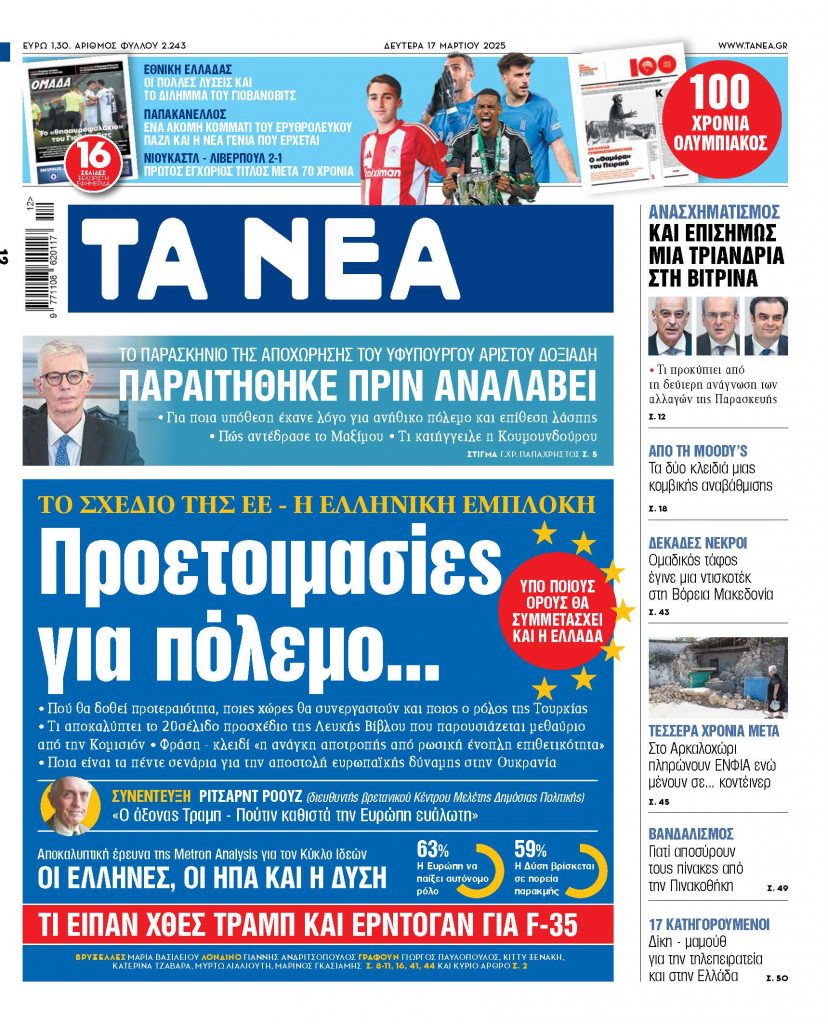It is by now obvious that at this stage, Turkey is bargaining aggressively with NATO to pursue its interests.
A well-meaning observer might say that all countries do the same and that this is the spearhead and quintessence of foreign policy in general.
Yet, this is not the case here.
The dangerous game that Turkey is playing is being pursued through its threats against Greece, the introversion that it has brought upon NATO with its veto of membership for applicant countries Sweden and Finland, with its Janus-faced relationship with Russia and NATO and the West, and with its overarching revisionist stance, which violates international law and which endangers and creates turbulence in the Eastern Mediterranean region.
The fact that Ankara is playing games even as Russia’s invasion of Ukraine is in full swing and European countries are confronted with a looming energy crisis renders its posturing even more dangerous.
Turkey and Greece are moving in opposite directions. Athens is quite rightly following a strategy that combines military deterrence with a multi-faceted, extroverted foreign policy that seeks to boldly highlight internationally its hostile neighbour’s unacceptable stance.
Greece must remind the international community that is a peaceful and secure country that functions as a pillar of security at a time that this is more than every necessary for the West, NATO, the EU, and the broader region.
With all the diplomatic tools at its disposal, Athens should stress that its role is important at many levels, and that it has a critical geopolitical contribution to make in efforts to achieve peace.
















